The Horodnia Community of the Chernihiv Region is the only one in Ukraine that borders on two countries: the aggressor russia and its ally Belarus. The territory of the Horodnia Community is classified as a zone of possible active hostilities. With an unfriendly and very dangerous neighborhood nearby, the community is working to ensure the livelihood of the settlements. Under such conditions, the Novyny Horodnianshchyny newspaper is a unique phenomenon in the field of local print publications in Ukraine.
The publication demonstrates success despite the problems typical of many newspaper newsrooms that hinder development. In general, the number of successful media that are published in print is, unfortunately, now very limited. The Novyny Horodnianshchyny newspaper feels quite confident in their list. Perhaps it was about confidence and loud talk, given the challenges of the war. The newsroom has sufficient funds to operate without debt, modern office equipment, and a stable circulation (with a single issue averaging 2,200 copies). Additionally, the format of the pre-war period (eight columns) has been preserved.
With the editor-in-chief of the newspaper, Svitlana Tomash, we discussed not the secrets of success, as the journalist is convinced that there are no such secrets now but rather the opportunities that should be actively utilized. And regarding the positive impact the publication has on its subscribers. However, it is not only positive but also pro-Ukrainian, highlighting the patriotism of the Defenders, providing important and verified information, and refuting fake claims that are constantly disseminated by hostile propaganda in various ways.

The border residents have long had no illusions about their neighbors; the village, which was wiped off the face of the earth and is located on the first kilometer from the border with the russian federation, speaks better than any words. However, in the village of Berylivka, located four kilometers from the border, twelve people remain. For more than a month now, there has been no electricity or internet in their homes, and there is no mobile signal. Due to threats, car dealerships, postmen, and ambulances do not come to them. The only guest in the village is the local headman, who performs all the functions of social services, brings food and medicine, and, of course, Novyny Horodnianshchyny. Svitlana Tomash has also visited Berylivka with him several times. The journalist admits that each such trip carries enormous danger.
“But do I have the right to be afraid, having arrived for a couple of hours, if people live there permanently,” says Svitlana. And she immediately admits, “I have no such right. That is why I often go to the border area, which is under shelling. People want to talk about the troubles the war brought, and they want to be heard. They do not dare to leave their native walls. Everyone has their reasons for that. Several materials about life in Berylivka were printed in the columns of the newspaper. And each of them touches the souls of readers. In general, I try to select such topics for publication that would not leave anyone indifferent. People are interested in what is happening around them and want to read about those who live nearby. I try to always be with my fellow countrymen.”
Both now and during the difficult period of temporary occupation and after the liberation of the Chernihiv Region, Svitlana Tomash remains in constant touch with readers through the newspaper and the Novyny Horodnianshchyny page on Facebook.
“We inform about all the events, the work of the authorities, the provision of various types of assistance, and much more. We often emphasize the life of the border region,” the editor-in-chief emphasizes. “It is nice that local postmen love the newspaper, understand its importance, and do everything possible to maintain circulation. I have only words of gratitude for their work. But among the most pressing problems, I consider personnel. In addition to me, the newsroom has an accountant and a layout artist; there are no journalists. We really need another creative worker, as we have to prepare materials, write grant applications, and address a number of other issues on our own. So far, we have not been able to find a person who could work as a journalist.”
“We have established effective cooperation with the local authorities. Before the full-scale invasion, there was understanding, and after the de-occupation, it even intensified. It is nice that there is an awareness of the value of joint work and the power of the word. Our information is read in the Horodnia Community, Chernihiv Region, wherever compatriots live. We work in unison with the local authorities. During the period of temporary occupation, there was a significant shortage of funds; however, the National Union of Journalists of Ukraine (NUJU) provided us with financial assistance. Immediately after the de-occupation, when anxiety and a sense of danger still seemed to be hovering around, the President of the NUJU, Sergiy Tomilenko, visited us with humanitarian aid, and he brought a laptop for the newsroom. Such support gave a feeling of a certain stability, which was extremely important,” notes Svitlana.
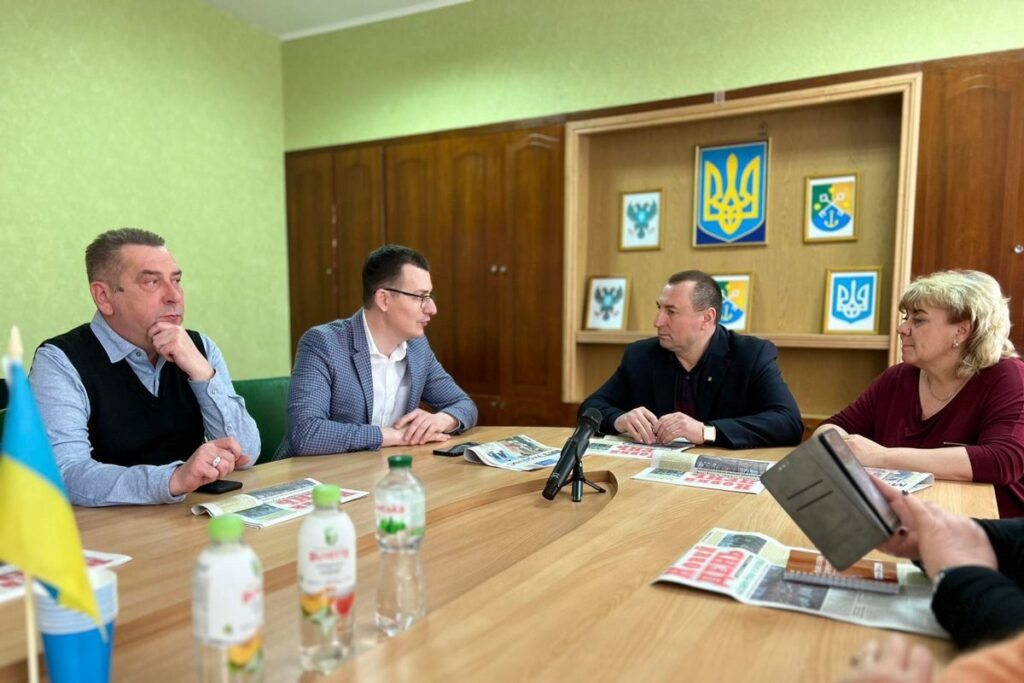
Sometime later, it was possible to revive the newspaper. There were joint issues with neighboring newsrooms. However, they then returned to the familiar format for readers, as people preferred to read about local events. The Horodnia City Council allocates funds for the newsroom, both for coverage and under the program titled “Support for Small Press.” This is quite significant funding, which helps to work without debt.
Svitlana willingly shares her experience working on grant programs. The journalist is one of those people who are not afraid to master new things. After the full-scale invasion, she tried to understand how to continue working, live, or even survive in the new reality. There were no clear visions, prospects, and understanding of how long the full-scale war would last. In the fall of 2022, the idea arose to create the Horodnia Region of the Future non-governmental organization. This marked a new chapter in Svitlana Tomash’s activities. The editor-in-chief hoped to attract grants for the newsroom, but it was not possible to secure funds to support the newspaper. However, thanks to the NGO, an opportunity arose to help the Horodnia Community. Thanks to an American charitable organization, the NGO received 16 powerful generators and two cars, which were transferred to Svitlana Tomash by the Horodnia City Council and then to the prefect council. Then the city council promised always to provide the newsroom with transport if necessary. And they keep their word.
The beginning of work with grants was inspiring. However, it required a significant amount of learning to submit grant applications effectively. Successful work with donors was facilitated not only by the community’s unique location but also by the editor’s perseverance.
The state highly appreciated Svitlana Tomash’s activities: after the de-occupation of the Chernihiv Region, she was awarded the Order of Princess Olha of the III degree, which was presented by the President of Ukraine, Volodymyr Zelenskyy. However, Svitlana, who is usually modest, does not like to emphasize this. She tells us that the newsroom managed to obtain office equipment and energy independence equipment from grantors. International donors provided laptops to each team member. (As with many local media, since the beginning of the full-scale invasion, the team of eight people has been reduced to three.) Thanks to the grant application, we also received powerful solar power banks. Recently, a grant of UAH 70,000 and technical support were received. Part of the funds have already been allocated, while the remaining finances and equipment are still in the process of being acquired.
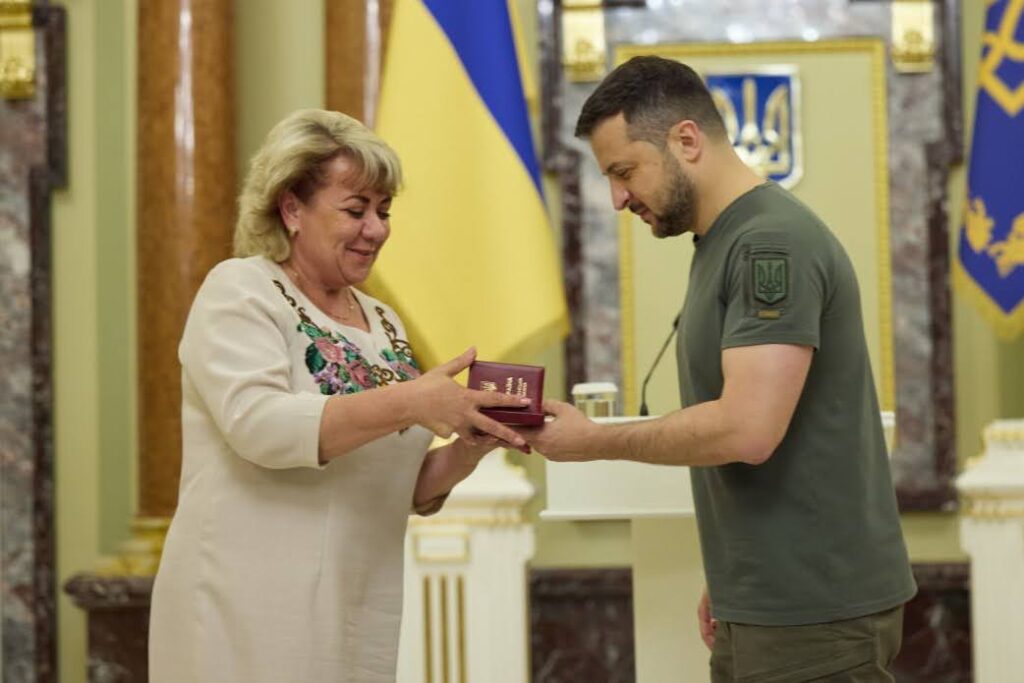
“Somehow, things did not work out with American grants,” explains Svitlana. “So, we did not feel the stoppage of funding in this line. Writing projects, submitting applications, and then reports is a difficult and even exhausting job. And accountant Oksana Rozhkova helps me with this professionally and responsibly. I devote every free minute to searching for new grants and thinking about ideas that would resonate with potential partners. However, the competition is fierce now, with many interesting initiatives being proposed. If one of the five or ten prepared grant applications is successful, then this can already be considered a success. The main thing is not to be disappointed in any way and to continue working.”
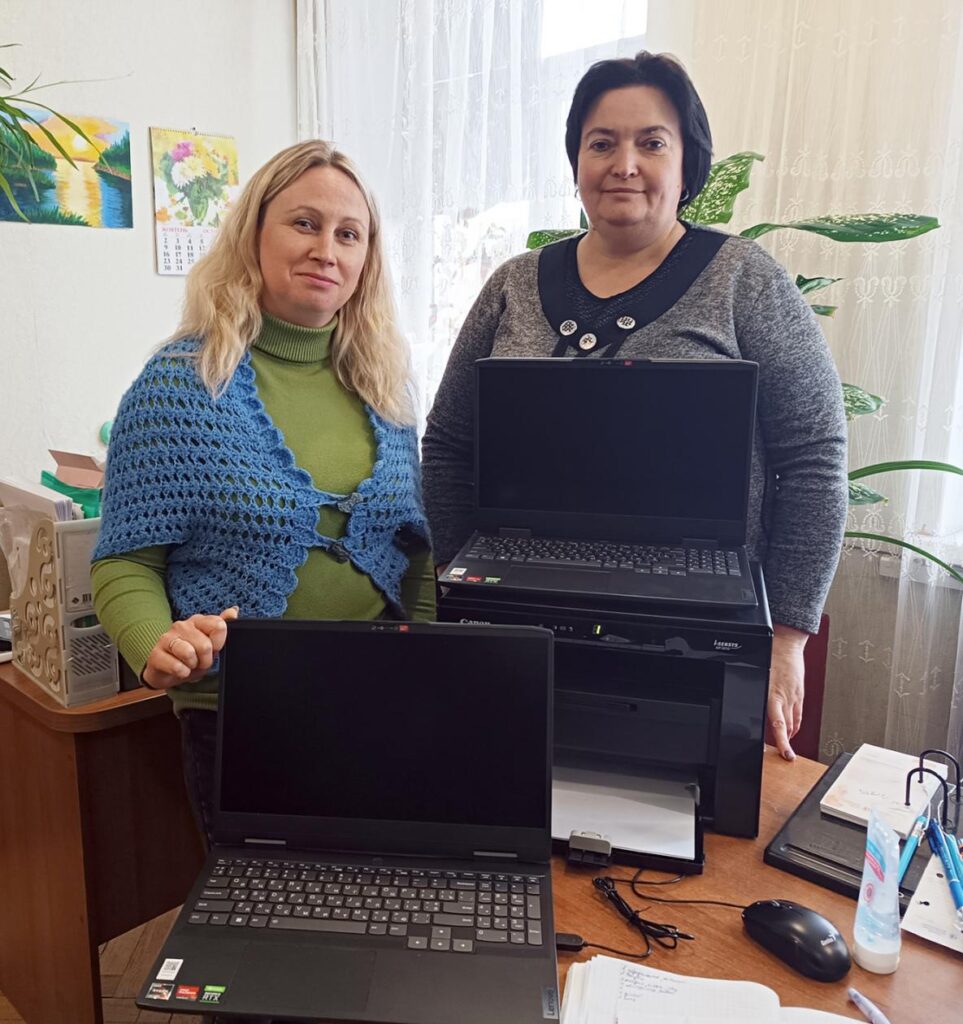
The journalist frequently mentions readers for whom the newspaper has been and remains a reliable source of verified information throughout their lives. However, the older generation is not only attracted to reading, but they also have a desire to write to the newspaper themselves to discuss their concerns, express gratitude, and share the hopes they live with.
“It is very touching when letters arrive at the newsroom not by email, but in postal envelopes, written with a ballpoint pen,” says Svitlana. “For example, a reader, Nina Dubrova, often writes us letters; she is already 85 years old. She receives a minimum pension, but she has already deducted a thousand hryvnias three times to help the AFU. She puts a UAH 1,000 bill in an envelope and hands it to the newsroom. She always emphasizes that she trusts only us. The woman is certain that her money will be used for its intended purpose, specifically for drones. We had a publication about her. We write many stories that leave no one indifferent, which is why our subscribers eagerly await our newspaper. Against the backdrop of constant worries and stressful situations, there is a growing demand for materials that convey positive moods on various topics. And our newspaper has enough of such stories, and most importantly – all the information is true and verified,” emphasizes Svitlana.
Liudmyla Maznova
NUJU Information Service

 THE NATIONAL UNION OF
JOURNALISTS OF UKRAINE
THE NATIONAL UNION OF
JOURNALISTS OF UKRAINE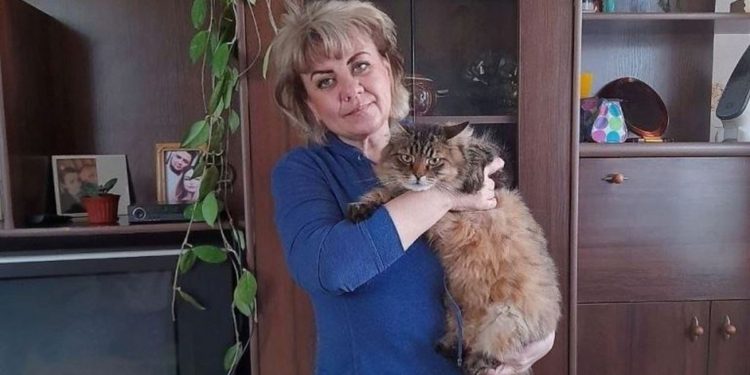

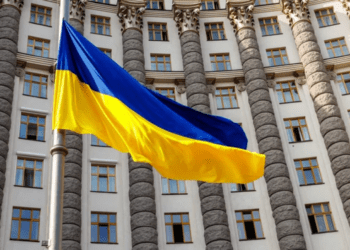
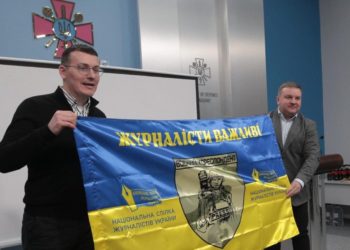













Discussion about this post